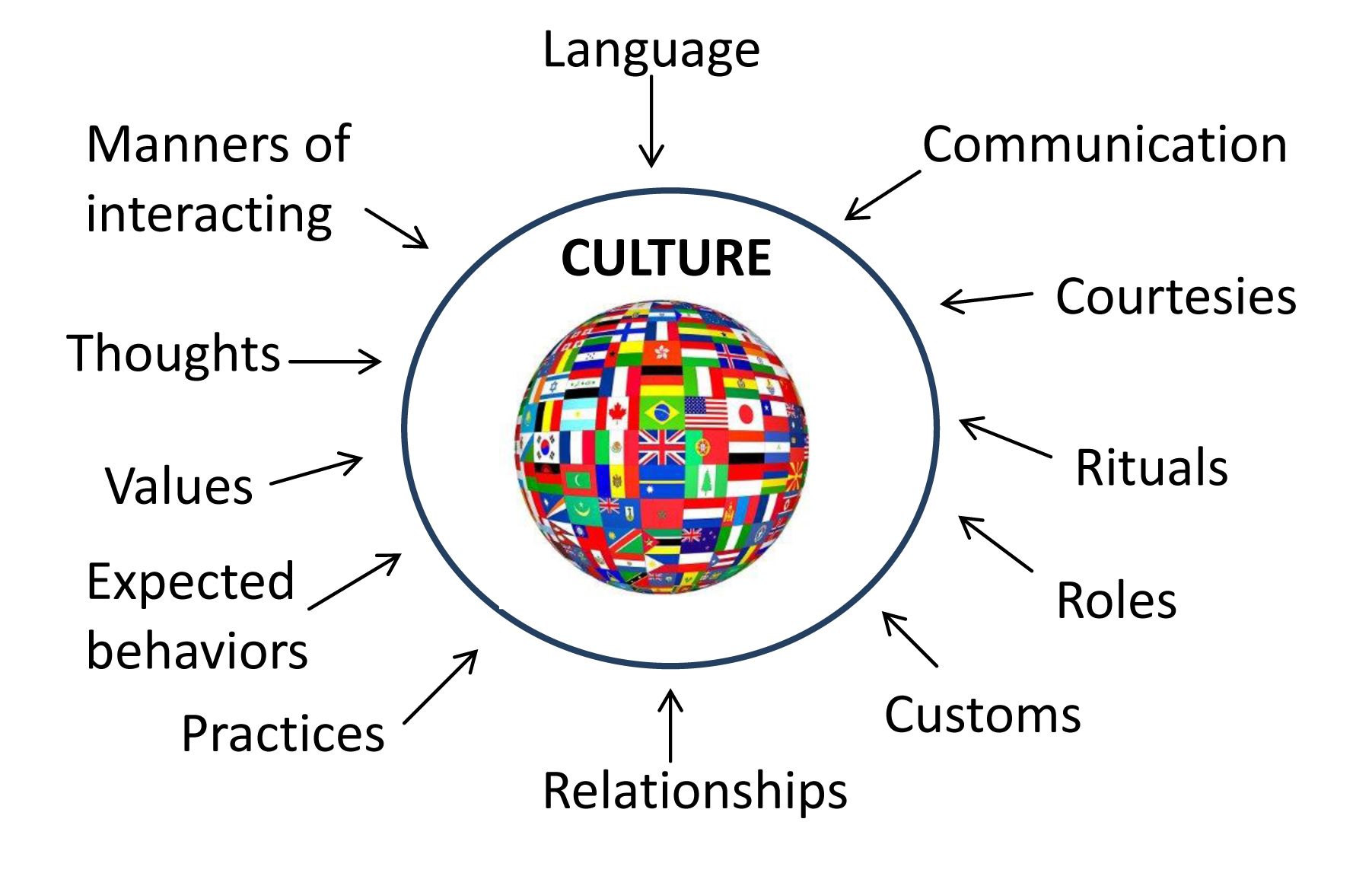Cultural knowledge encompasses the rich tapestry of beliefs, practices, traditions, and expressions that characterize various communities around the world. It is a concept that extends beyond mere data points or historical facts; rather, it embodies the ethos and lived experiences of groups, often handed down through generations. To fully appreciate what cultural knowledge entails, one must consider its multifaceted dimensions and implications.
At its core, cultural knowledge resides in the collective understanding of a community, shaped by its historical context and socio-political milieu. This body of knowledge is dynamic, ever-evolving with societal changes and external influences. It reflects how individuals perceive their world and interact with it, encapsulating everything from language and art to food and social norms. Thus, cultural knowledge is not static; it is fluid, adapting to new circumstances while maintaining elements of the familiar.
The transmission of cultural knowledge occurs through various mediums—oral traditions, written texts, artistic expressions, and communal rituals. Oral storytelling, for instance, plays a crucial role in preserving cultural narratives. Elders within a community often share stories that encapsulate wisdom, values, and historical events, thus instilling a profound sense of identity in the younger generations. Such narratives serve as both educational tools and means of reinforcing social cohesion.
Written records, on the other hand, provide a more permanent form of cultural knowledge dissemination. Literary works, legal codes, and scientific treatises immortalize the thoughts and aspirations of a society, allowing future generations to engage with past ideas. This written documentation grants individuals access to cultural knowledge that they might not encounter through oral traditions, enriching their understanding and fostering a broader perspective.
Artistic expressions serve as another pivotal vehicle for conveying cultural knowledge. Visual art, music, dance, and theater often encapsulate cultural themes, values, and social critiques. For example, indigenous art forms frequently reflect the relationship between people and their natural surroundings, emphasizing sustainability, respect for nature, and interconnectedness. By immersing oneself in such artistic endeavors, individuals gain insight into the cultural fabric that shapes communities’ worldviews.
Moreover, culinary practices offer a fascinating glimpse into cultural knowledge. The preparation and consumption of food can reveal much about a society’s history, geography, and cultural values. Meals shared among family and friends often symbolize community and belonging, while particular ingredients and cooking techniques reflect local resources and traditions. The ritualistic nature of dining fosters connections and storytelling, creating a profound bond among participants.
Social norms and behaviors are equally indicative of cultural knowledge. Societies cultivate particular customs that dictate acceptable conduct and reinforce communal identity. For instance, greetings, rituals of hospitality, and methods of conflict resolution can differ significantly across cultures. Understanding these nuances can illuminate one’s interactions within diverse social settings, fostering empathy and reducing miscommunication. Recognition of cultural differences is essential in an increasingly globalized world, where cross-cultural interactions are commonplace.
The preservation of cultural knowledge is a responsibility that extends beyond individual communities. As globalization continues to interweave societies and cultures, there exists a risk of cultural homogenization, where unique traditions may become diluted or even lost. In response, many communities are actively engaging in revitalization efforts. These initiatives often involve documenting linguistic varieties, reinstating traditional practices, and creating supportive environments for cultural expression. Such endeavors aim to honor the past while fostering a vibrant future, enabling cultural heritage to flourish amidst modernity.
To examine cultural knowledge is to embark on a journey toward understanding human experiences in their myriad forms. It is an exploration of how diverse perspectives inform our understanding of the world and our place within it. Such exploration prompts curiosity, inviting individuals to delve deeper into practices, beliefs, and histories that may initially seem foreign yet resonate on a fundamental level.
As individuals and societies grapple with contemporary challenges, including climate change and social inequality, cultural knowledge can serve as a valuable resource. Integral to adaptation and resilience, cultural practices often provide frameworks for sustainability and communal well-being. For instance, traditional ecological knowledge (TEK) emphasizes the interdependence of communities and their environments, offering insights into sustainable land use and conservation practices. These indigenous understandings resonate with modern sustainability efforts, exemplifying the relevance of cultural knowledge in addressing global challenges.
Furthermore, engaging with different cultural perspectives fosters cross-pollination of ideas, facilitating innovation and creativity. By breaking down silos created by narrow worldviews, societies can blend diverse knowledge bases to devise novel solutions. This synergy not only enriches cultural experiences but also creates a collaborative spirit geared toward collective problem-solving. It is this spirit that fuels progress and nurtures a globalist approach, one that respects the individual while embracing the communal.
In conclusion, cultural knowledge represents a profound reservoir of human insight and experience. It encourages respect for diversity while emphasizing our shared humanity. When we take the time to engage with and appreciate cultural knowledge, we cultivate a sense of connection that transcends geographical and ideological boundaries. This endeavor not only piques curiosity but promises to shift our understanding of ourselves and our place in the world, ultimately leading to a more inclusive and empathetic society. The pursuit of cultural knowledge is an ongoing journey, one that holds the potential to enrich the human experience across generations.
